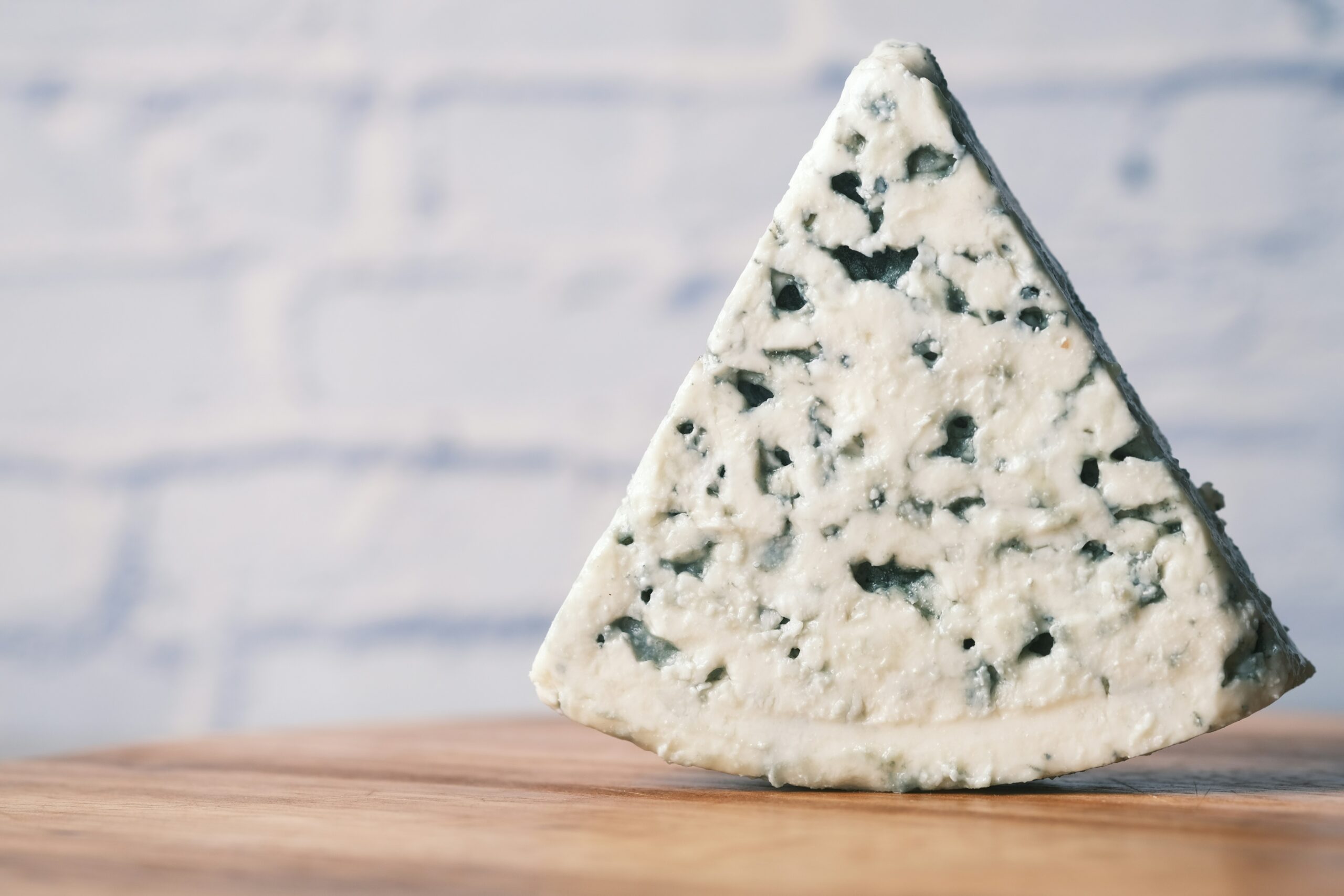 Unlock the science and solutions behind one of cheese-making’s most critical steps—milk coagulation.
Unlock the science and solutions behind one of cheese-making’s most critical steps—milk coagulation.
🧪 Why Milk Coagulation Matters in Cheesemaking
Milk coagulation is the foundation of cheesemaking—the moment liquid milk becomes solid curd. It directly impacts yield, texture, cutting, and final product quality.
Get it wrong and you may face:
- Soft or weak curds
- Poor whey expulsion
- Inconsistent texture and taste
- Low yield or batch rejections
Cheesemakers must understand and control three key elements: rennet, starter cultures, and calcium chloride to achieve the best results.
🧫 1. The Role of Rennet: Triggering Coagulation
Rennet is a natural enzyme that clots milk by breaking down kappa-casein, the protein that keeps casein micelles stable. Once destabilised, the milk forms a gel-like curd.
✔️ Our Recommended Rennet Options:
🧪 Reniplus NG 200G
- A powerful coagulant delivering fast, consistent gelation
- Ideal for all cheese types
- Available in 100g and 500g packs
- Clean flavour profile and easy application
🧪 Micro Clerici Rennet Powder – 2400 IMCU/g
- A highly concentrated microbial rennet powder
- Suitable for vegetarian cheeses
- Offers high enzyme activity and excellent curd firmness
- Ideal for consistent coagulation in both soft and hard cheeses
Rennet Best Practices:
- Dilute rennet (liquid or powder) in cool, clean water before adding
- Add gently and stir uniformly
- Coagulate at 30–35°C, depending on cheese type
- Use accurate dosage based on milk volume and strength (IMCU)
🦠 2. The Role of Starter Cultures: Developing Acidity and Flavour
Starter cultures work alongside rennet to:
- Produce lactic acid (lowers pH)
- Enable curd contraction and syneresis
- Develop flavour and aroma
- Support food safety through acidification
✔️ Cheese Cultures We Offer:
| Culture | Application | Notes |
| Lyofast MOS 052 | Cheddar, Gouda | Mesophilic; clean, balanced acid |
| Lyofast ST Regins SO | Mozzarella, Pizza Cheese | Thermophilic; enhances stretch & melt |
| Lyobac-D MO3D 084 | Mozzarella, Pizza Cheese | Thermophilic; improves texture & moisture |
| Lyobac-D OTC 6 | Gouda, Cheddar | Balanced acidification and shelf-life support |
These cultures are freeze-dried and ready to use—just sprinkle directly into pasteurised milk.
⚖️ 3. The Role of Calcium Chloride: Strengthening the Curd
Pasteurisation and cold storage can reduce natural calcium levels in milk, leading to weak or slow curd formation.
Why Use Calcium Chloride (CaCl₂):
- Replenishes ionic calcium
- Promotes stronger protein bonding
- Reduces coagulation time
- Improves yield and curd cutting quality
Recommended Usage:
- 20–40 ml per 100 L of milk
- Always add before rennet
- Dilute in non-chlorinated water
🔁 Summary: Bringing It All Together
| Component | Purpose | Product |
| Rennet | Enzymatic coagulation | Reniplus NG 200G (100g/500g), Micro Clerici Rennet Powder (2400 IMCU/g) |
| Cultures | Acid development, flavour, texture | Lyofast MOS 052, ST Regins SO, MO3D 084, OTC 6 |
| Calcium Chloride | Strengthens curd, improves yield | Food-grade CaCl₂ |
💡 Troubleshooting Tips
| Problem | Likely Cause | Solution |
| Weak or delayed curd | Insufficient calcium or rennet | Add CaCl₂, verify rennet potency |
| Inconsistent flavour | Poor culture control | Use the correct culture and incubation temperature |
| Soft curd or excessive whey | Under-acidification | Increase starter dosage or fermentation time |
🛒 Get Everything You Need in One Place
At Dairy and Food Consulting Limited, we supply:
- 🧪 Reniplus NG 200G
- 🧪 Micro Clerici Rennet Powder – 2400 IMCU/g
- 🦠 Freeze-dried cheese cultures for Cheddar, Gouda, Mozzarella, and Pizza Cheese
- ⚖️ High-purity Calcium Chloride
- 🧑🔬 Technical support on dosage, pH, and fermentation control
📩 Ready to Improve Your Cheese Quality?
Reach out today and let’s help you master milk coagulation for reliable, high-quality cheese production.